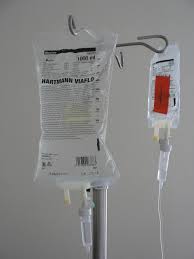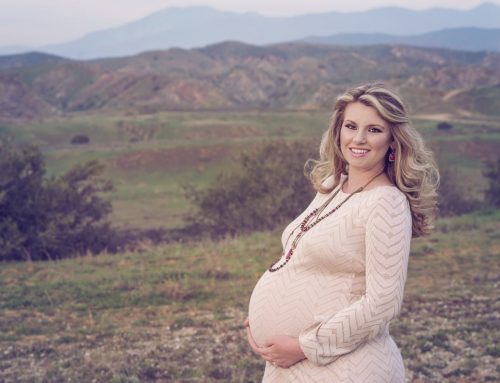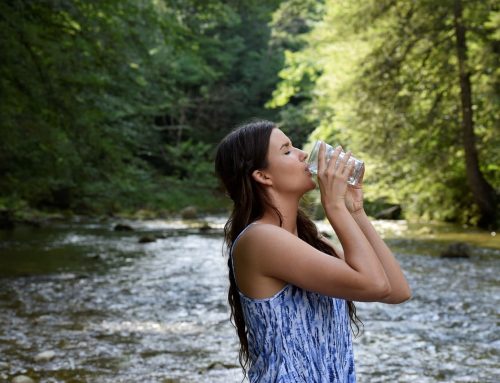
Forgetting to drink water can result in your body becoming dehydrated, which will affect virtually every part of your body, preventing it from functioning at its best.
It is important that you know all the signs of dehydration so that you know why it is important to drink water and so that you can recognise them and make sure that you drink water if you notice any of them.
Various Stages of Dehydration
The body loses water in various ways all the time, and when we do not replace this water, dehydration can take place. We all lose water at different rates via sweating, breathing, and urination, and dependent on the climate and the amount of physical exercise we undertake.
When we lose more liquid than we are taking in, it affects the way that we look, feel and operate. There are three basic stages of dehydration:
1. Mild Dehydration – 3% to 5% loss
2. Moderate Dehydration – 6% to 9% loss
3. Severe Dehydration – 10% or more loss
Understanding the various stages of dehydration is important so that you can take the appropriate steps to rehydrate your body by drinking water more often.
1. Mild Dehydration
Mild dehydration can easily happen due to excess urination or even normal sweating on a warm day. At this stage you will feel dry-mouthedand a bit thirsty, and your nose and lips may also feel a bit dry. Check the colour of your urine; the darker it is, the more youneed to drink water to rehydrate.
The thirst that you feel at this stage is your brain telling you that you need to drink water; do not ignore this message from your body.
2. Moderate Dehydration
Moderate dehydration can happen due to abnormalities in the body’s potassium and sodium levels. This could adversely affect the rhythm of your heartbeat, requiring your heart to work harder to pump oxygen and blood through your body.
Moderate dehydration symptoms include:
- A drop in body-temperature, especially in the extremities (hands and feet)
- A rapid, weak pulse of 100bpm at rest
- Blue lips
- Confusion
- Constipation
- Decreased urine output
- Deep, rapid breathing
- Dizziness and light-headedness
- Dry mouth, lips and nose
- Dry skin
- Extreme thirst
- Fatigue and lethargy
- Headaches
- Low blood pressure
- Muscle-cramping
- Painful kidneys
Drinking water or electrolyte drinks regularly should fix your hydration problems. Monitor the colour of your urine and do not stop drinking water until your urine resembles the colour of lemonade.
3. Severe Dehydration
Severe dehydration is extremely serious and at this stage you will need medical attention to ensure that your kidneys and liver are not damaged. Severe dehydration can result in kidney stones forming; it can also result in muscle -damage and cholesterol problems.
Merely drinking water will not help now. By this stage it has gone way beyond the point where you can rehydrate without medical attention.
Get medical attention immediately if you have any of the following symptoms:
- A low level of consciousness
- A weak pulse
- Bloody or black stools
- Dry skin that sags slowly back into position when pinched
- Feelings of disorientation
- Fits (seizures)
- Inability to keep down fluids
- Inability to urinate for eight hours
- Inability to cry
- Irritability
- Low blood pressure (hypotension)
- Moderate diarrhoea for more than 24 hours
- Severe diarrhoea
- Sunken, dry eyes
- Vomiting or a fever
Severe dehydration requires hospitalisation and a drip to restore fluids. If you do not get medical help at this stage it can lead to complications, including death.
Sources:
Buy water dispensers online and hire water coolers for your home or business in London.





